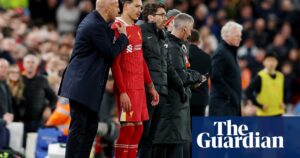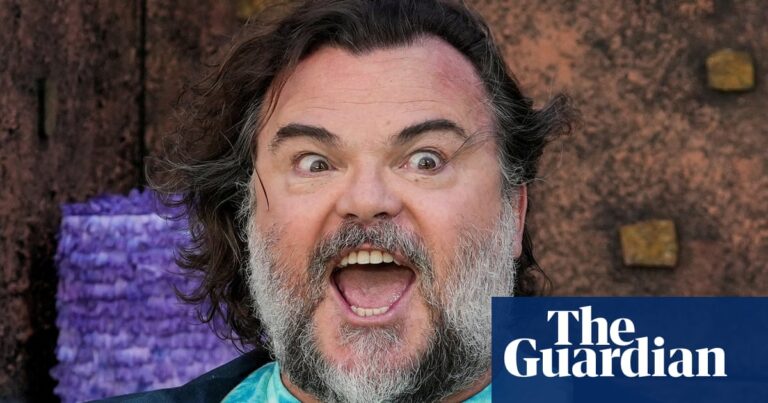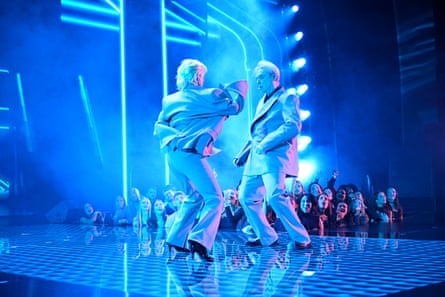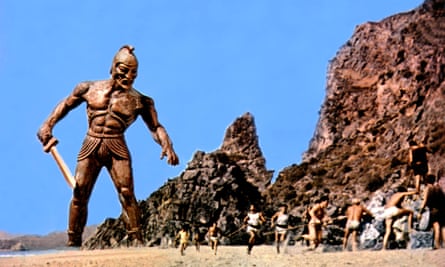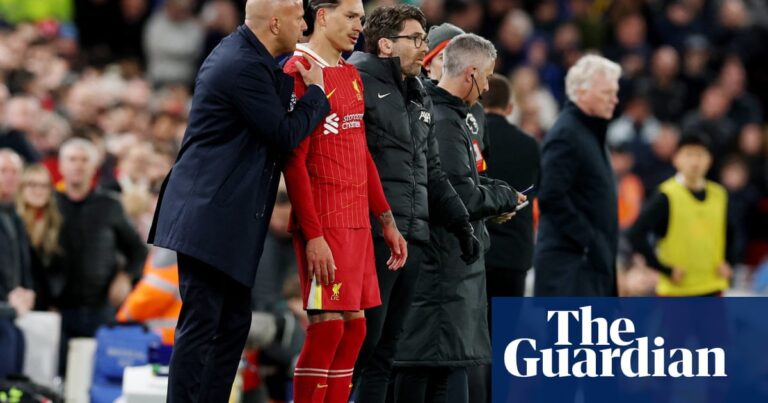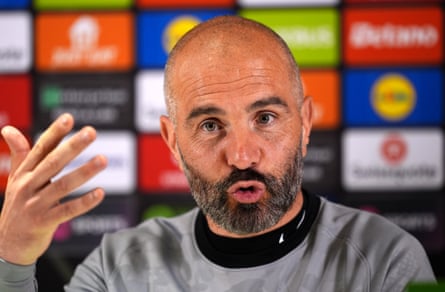Between the 1970s and 1990s, the number of Americans who attended a single local civic meeting in a year plummeted by 40%. The number who went to a single meeting of a club – say, the Rotary or a local tennis team – dropped by 50%. Even the number of picnics Americans joined dropped by 60%. And as the social scientist Robert Putnam has been telling us for decades, this matters – in fact, it may be a question of life or death.
That’s because, as Putnam has told audiences, “your chances of dying over the next year are cut in half by joining one group.” And it’s not just a matter of our own health – it’s about the health of democracy itself.
Hence the strikingly direct title of a new documentary focused on Putnam’s life: Join or Die. The phrase harks back to Ben Franklin’s call for unity among the colonies, appropriate given the film’s central message: a healthy democracy depends on citizens’ sense of connection to each other, and that sense depends on participation in organizations of all kinds, from churches to bowling leagues. The decline of these groups, the film argues, is linked to plunging faith in our system of government.
The film, which arrived in US theaters on Friday, combines a memoir of sorts with a call to action, issued by prominent figures including Hillary Clinton and Pete Buttigieg; the surgeon general, Vivek Murthy; the economists Glenn Loury and Raj Chetty; and the union organizer Jane McAlevey. Its central character is Putnam himself, the gregarious author of the landmark 2000 book Bowling Alone: The Collapse and Revival of American Community. The book, and an article that preceded it, made waves in American civic life, leading the Harvard professor, now 83, to make appearances at the Clinton White House, on talkshows and in People magazine. The topic it shares with the film – the decline of social cohesion in the US, and the accompanying downward spiral of democracy – might sound like a bit of a downer. But Join Or Die, produced and directed by the siblings Rebecca and Pete Davis, makes its case in upbeat terms, with delightful archival images of 20th-century clubs, sketch-like animations by Mark Lopez and enthusiastic narration by Pete Davis.
“We weren’t setting out to make a biopic of Bob’s life as much as, I think, we were making a biopic of the ideas that Bob set on fire in the world,” Rebecca said to the Guardian. The result is a film that seeks to recreate the experience of a student in Putnam’s undergraduate class, as Pete was a decade ago. “This is a film about why you should join a club,” Pete says at the outset.
The reasons become clear through the lens of Putnam’s life story. He grew up in a small Ohio town, Port Clinton, that touted its many community organizations on a road sign welcoming visitors. In high school, “I belonged to everything,” he says, from the forensics league to, perhaps auspiciously, the bowling team. At Swarthmore College, a political science class – and his interest in a classmate he’d later marry – piqued a latent interest in community dynamics, and changed the course of his life.
He and his now wife, Rosemary Putnam, attended John F Kennedy’s inauguration, where the new president’s call to “ask not what your country can do for you, but what you can do for your country” resonated powerfully. “I thought he was speaking directly to me,” Putnam says in the film. “Bob Putnam, you have things to do for your country.” But if it marked a turning point in Putnam’s own life, it also heralded an era of decline. “We were within a few years then of heading into a long, 60-year plunge into ever greater inequality, ever greater polarization, ever greater social isolation.” Kennedy’s quote “wasn’t Reveille; that was Taps”.
But social science gave Putnam tools to tackle the growing problem. At the time, Italy was decentralizing political power, offering an opportunity to compare emerging regional governments. The most stable and successful ones were those with high social and civic engagement – where people participated in organizations, read the newspaper, trusted each other. The finding led Putnam to the concept of social capital, a term other sociologists had used but which became synonymous with Putnam’s work. “The core idea of social capital is so simple I’m almost embarrassed to say it sometimes,” he says. “It is that social networks have value.” In a social network, “if you cheat somebody, other people will hear about it. So the more I lose by cheating … the more likely I am to be honest.” On a grand scale, this creates what he calls “generalized reciprocity”: “I’m going to be nice to you just because you’re in this community, and you’re likely to be nice to me.” In short, social capital produces trust. And according to Putnam, it’s “what makes democracy work”.
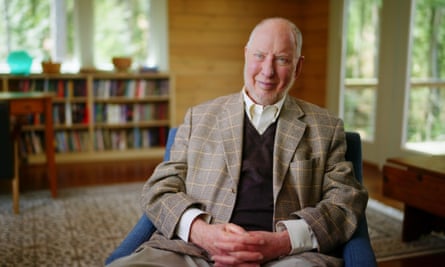
Meanwhile, in the US, trust in government was sinking: roughly 70% of people trusted the government to generally do the right thing in 1960, compared with just about 25% in 1990. And so, Putnam noticed, was membership in all kinds of groups: parent-teacher associations, voters’ groups, bowling leagues. People were still bowling, but they were doing it alone. His 1995 journal article on the topic hit a nerve, generating a national conversation and an invitation from Hillary Clinton to hit the lanes. “The ordinary civic leadership that does take place in clubs and organizations – that is all the training ground for democracy,” says Clinton.
Critics poked holes in Putnam’s arguments, claiming he was, for instance, simply looking at the wrong clubs. He spent the next five years on Bowling Alone, the book, which addressed those criticisms using reams of historical data. Union membership was down; as of the 2010s, it had fallen by 66% since the 60s. Attendance at churches, synagogues and mosques – institutions once central to American life that help to raise civic leaders – were down; today, 20 years after the book’s publication, they have declined 35% since the 1960s. The numbers say social capital is on the decline and, as Putnam puts it: “Our communities don’t work as well when we’re not connected.”
While the correlation between that decline and Americans’ fading trust in government is clear, why exactly we’ve bailed on clubs is murky. What changed in the 1960s that made us lose interest in civic engagement? One possible factor is television, which took over American homes just as the decline began; research found that those who attended the fewest club meetings were those most likely to say TV was their “primary form of entertainment”. Before TV, “civic life was entertainment,” Pete said. And TV, he pointed out, may not just be gobbling up our time but also rewiring our brains: we can form meaningful, if imaginary, social ties with the figures on our screens rather than those around us.
All this feels prescient today, as Murthy warns of a loneliness epidemic, and after events like January 6, which took place during the film’s production, beginning in 2017. At the time, Obama-era national optimism was fading. “The internet didn’t solve things. The latest social movement didn’t solve things, the latest politicians didn’t solve things. And we kept kind of returning to that question of: what is the foundational thing that’s going to be the path forward in our country?” Pete said.
If Putnam is right, and the path forward is rebuilding civic engagement – getting out there and joining clubs – how, exactly, do we encourage people to do it?
“One of our favorite lines in the film is when Jane [McAlevey] admittedly says: ‘Democracy is a pain in the ass,’” Rebecca said. “It is hard going to community meetings, duking it out with your neighbors after a long day.” But the payoff comes from doing the hard thing. A sense of commitment to a community – joining an organization where people will notice if you’re missing and check up on you – builds stronger bonds than attending an occasional yoga class. And these organizations, Pete added, can ultimately make socializing “a lighter lift” by creating communities of people who accept each other, warts and all.
The film, Rebecca and Pete hope, will be an invitation to take on that challenge. And it’s built momentum – as publicity grows, they have been flooded with requests for community screenings from local clubs seeking to get the word out.
“The film does have this upbeat idea: we can fix this,” Putnam said. “Many people who look at the film and who have heard me talk think I’m depressed about the fact that I’ve been working for 50 years on this problem, and we’re worse off than we were 50 years ago.”
But he’s not. It took us decades to get here, and it may take decades to turn things around. “But you [have] got to begin by getting to know your neighbor better. And that is sort of counterintuitive, but it’s actually quite hopeful.”
-
Join or Die is in select US theaters now with a UK date to be announced
Source: theguardian.com




